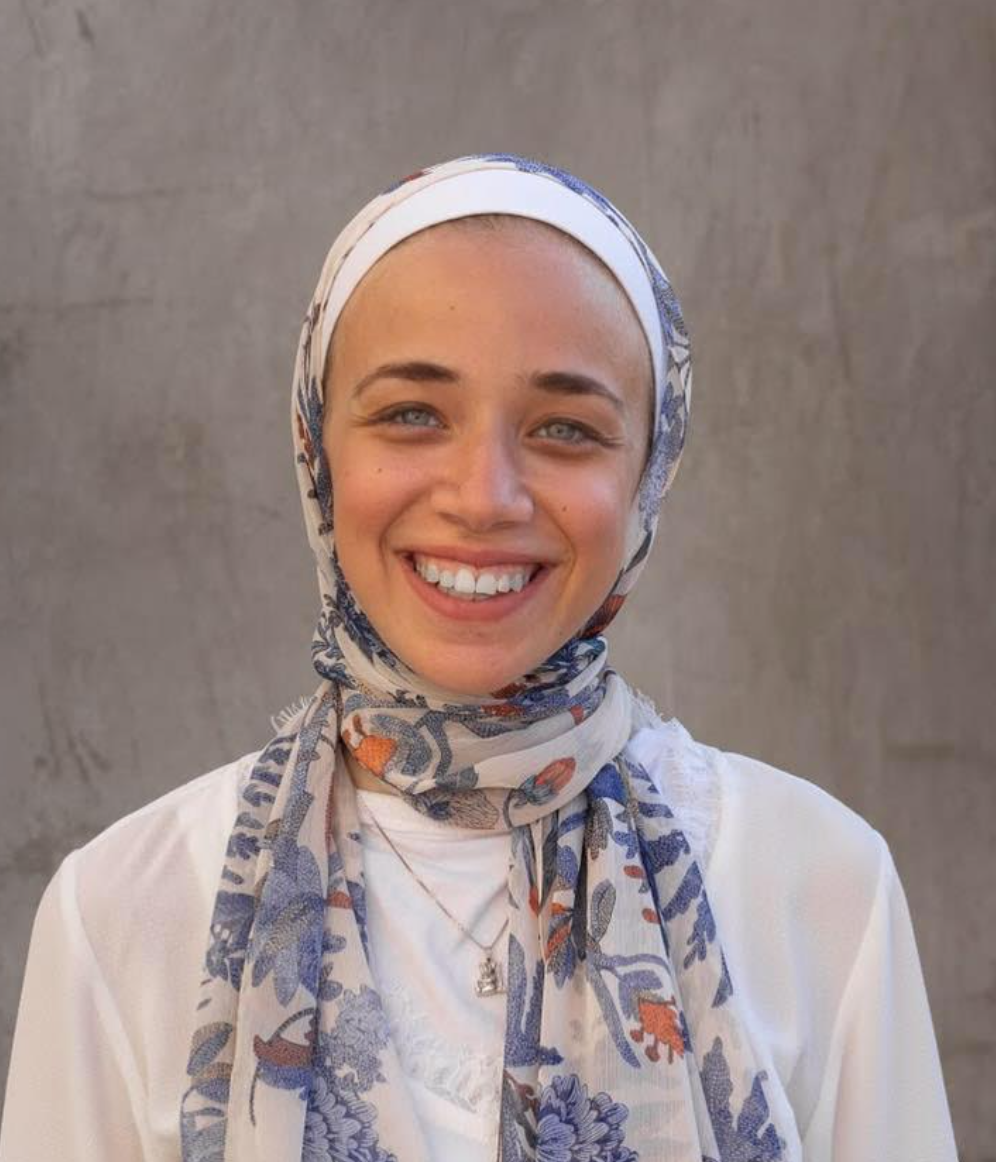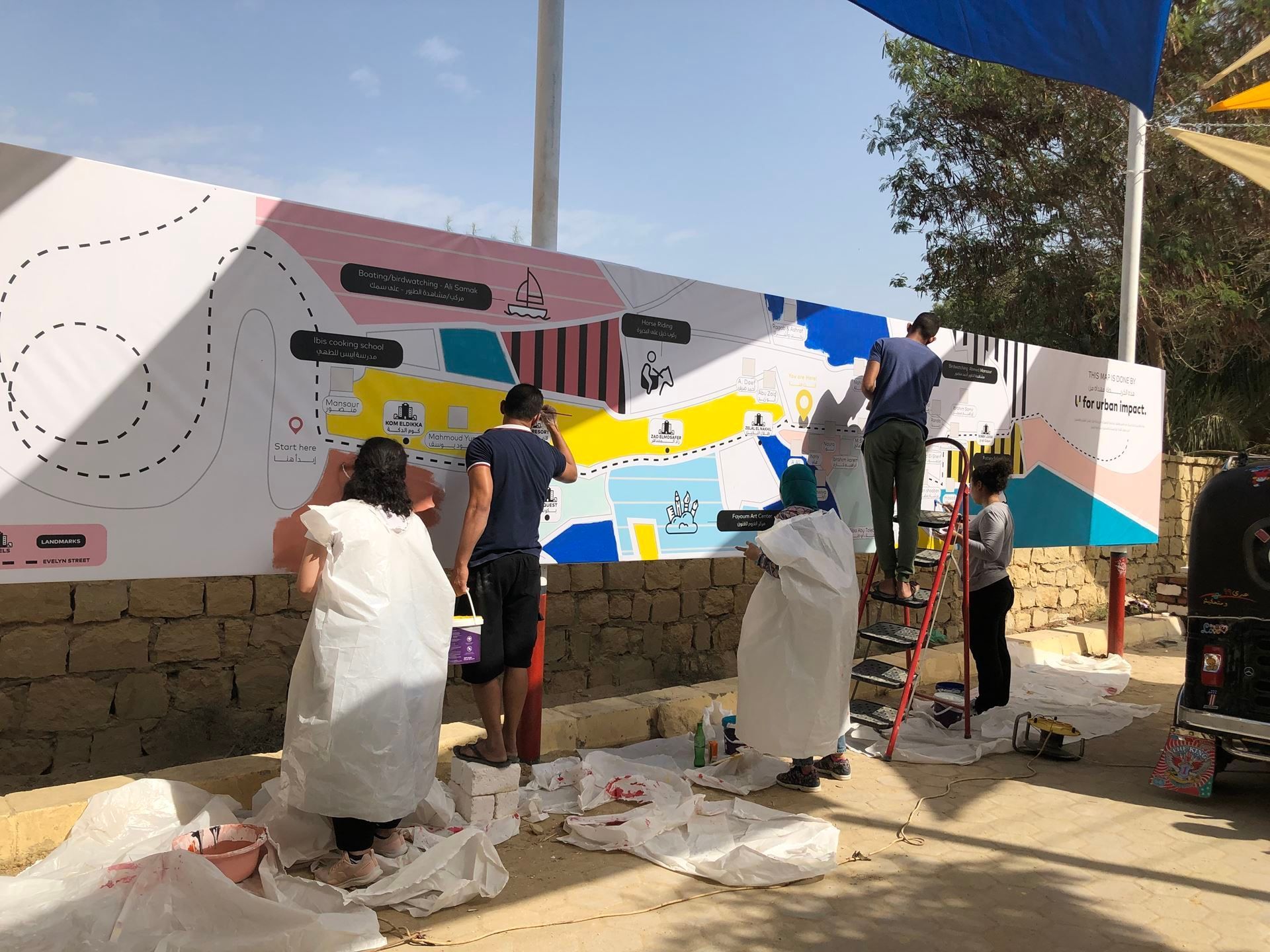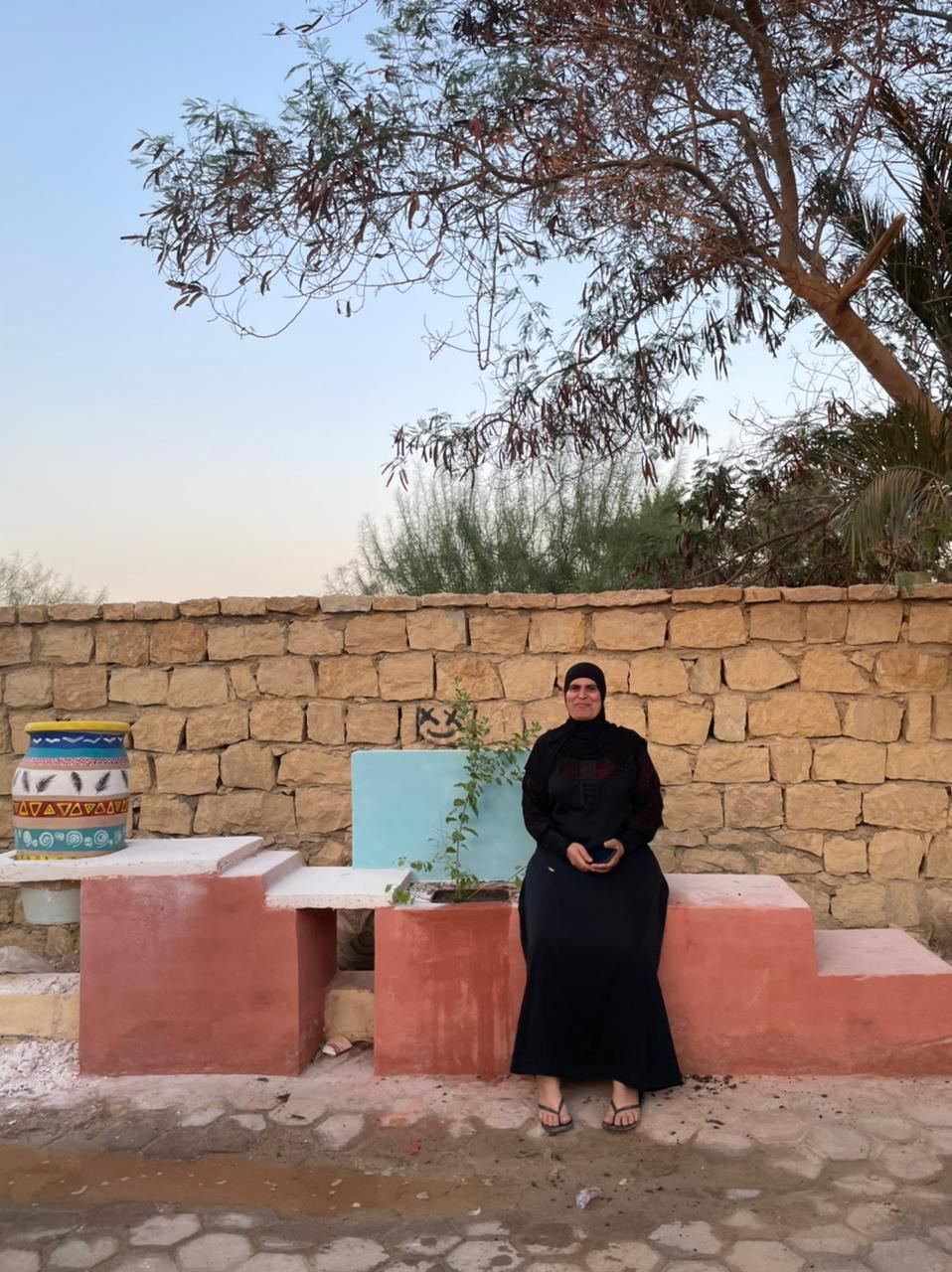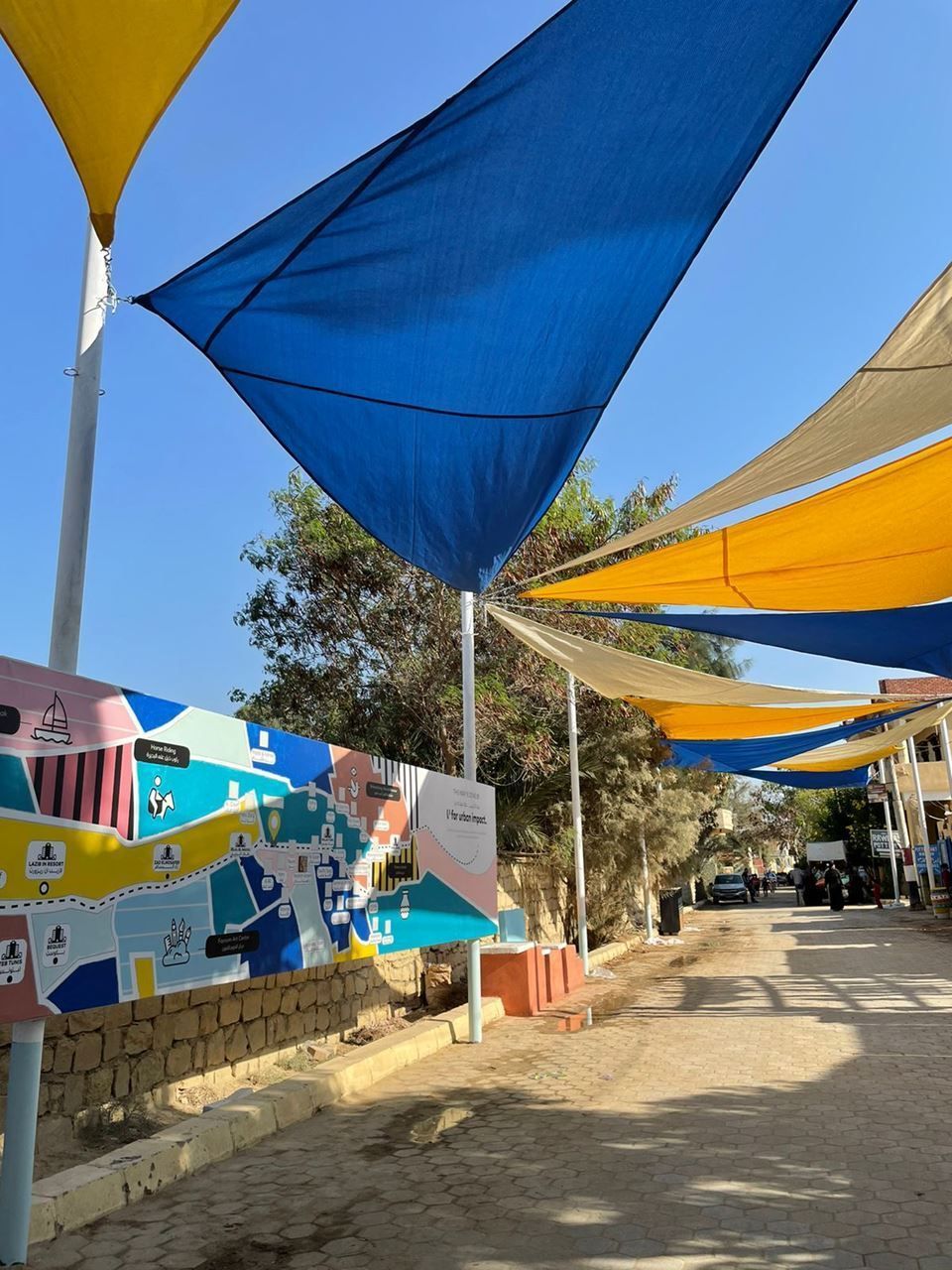March 2022 Member Spotlight: Lobna Anous
Lobna Anous is an entrepreneur and founder of U for Urban Impact, based in Egypt, and a graduate student at UIC in the Master of Urban Planning and Policy program. WPD first connected with Lobna at our summer member appreciation picnic, and we are amazed by her passion in regenerating underdeveloped areas.
She co-founded U for Urban Impact along with another urbanist, Salma Osman, with a vision for creating a global platform based in Cairo, Egypt, that tackles the rising urban challenges worldwide. This social enterprise focuses on the intersection between social and urban impacts. Placing the individual at the center of the process, the enterprise uses travel and event-based strategies as tools of integrating the community in urban regeneration through community events, competitions, and local and global exchange opportunities.

Q: Why did you decide to start your own organization?
A. Founding our own organization came about naturally as a solution to the urban problems we were witnessing. We never imagined our own organization at first, but we did know that we had (and continue to have) a responsibility to make the world a better, more connected, and more inclusive place. We come from a different side of the world where our diverse backgrounds and constant passion for travel provided us with a global mindset when it came to looking at the urban scene. We started discussing how cities are rapidly expanding while their old segments are left neglected and in need of intervention. We wondered how we could capitalize on individuals' power as a response to such issues. How can we look at vacant lots as opportunities rather than challenges? How can we open a conversation between all stakeholders to reach more inclusive solutions? Out of that, the idea of “U for Urban Impact” came to life to reshape cities and streets through a participatory process globally. We use cross-cultural exchange as the tool to empower people so they can travel while impacting cities.
Q: What’s your favorite project in your organization?
A. There are several projects that are close to my heart, such as our first global urban festival - "U Meet: The Urban Week” - as well as our first urban regeneration project called “U Travel: Humans of Tunis Village” located in Fayoum, a small village of a city southwest from Cairo. The whole idea behind “U Meet” was to create a community event that spreads awareness on the role of the individual in re-imagining streets and cities. The event took place over one week, in a hybrid form including activities like community interactions, space activation, and a series of global panel discussions.
“U Travel: Humans of Tunis Village” was the first real testing of our main service. The project aspired to have an impact not just on the village's physical space but also its humans. That’s why our intervention was divided into two types: physical intervention and social intervention.
After many field studies and consulting with the community we decided to design this project following a tactical approach by creating a pilot project then having the potential to expand and spread around the village. This initial physical intervention phase includes shading parts of the main street (see in the photo at left), installing street furniture around the main spine, and upgrading the signage system and wayfinding through art.
Regarding the second intervention, it is important to note that creating any change in a space with a high cultural identity and tight community relations is not a simple process. It requires continuous testing and experimentation, as well as listening to the feedback of all stakeholders. That’s why from the moment this project was a concept until its implementation phase, we ensured that certain criteria could not be compromised, such as individual power and sustainability. As much as this gave the project a great strength and credibility, it was a huge challenge to achieve these goals. It required extensive planning and negotiations with the community on their needs, as well as visualizing with them the intervention. In addition, it demanded local sustainable materials and testing them to insure their viability as well as sustainability by local workers.
Q: What is the most important thing you receive from this organization?
A: I believe the most important thing we’re learning throughout this journey is the essential role that partnerships and collaborations play in creating an effective change. The issues that face today’s world are very multidisciplinary and do not concern one field or specialization. In addition, the responsibility of solving them is beyond the capacity of a single party. That’s why people and entities from different backgrounds need to join forces to build more resilient cities. We are witnessing throughout our projects how collaborations facilitate the creation of a positive impact and also a sustainable one.
Q: Your vision to integrate/expand this local organization globally?
A: As we live in a highly globalized world, cities are connected more than ever and affecting each other, directly or indirectly. This thought guided the formulation of our vision based on a set of goals that we call “the 4 Global Goals,” which we believe are the key to achieving an inclusive built environment. Those goals are: Rebuild, Recycle, Reconnect and Rebrand, and they are the pillars of our organization. Our expansion tool lies in the partnerships we build in each city. They serve as the extending arms of the organization, facilitating our search for projects as well as working with us on establishing a base in each city to reach as many potential urban travelers as possible. Our ultimate goal is to have a U for Urban Impact team based on each continent and acting as a catalyst for urban development.
Q: What’s your vision in your next five years for yourself, and as a forthcoming graduate student?
A: My vision for the future involves several aspects. The first is related to the expansion of the organization’s portfolio to include more local and global projects. The next five years would involve expanding U for Urban Impact to at least one other city outside of Egypt. That way we would be able to achieve the first milestone of a global organization. As for my personal goals, I would like to integrate both academic and professional experiences to build a strong foundation for any projects I work on. I feel having both skills leads to well-grounded and effective interventions.
It has been a great journey to share my story along the way! Please feel free to check out our website to know more about us. Or contact me if you are looking for more information and conversation. Conversation generates collaborations and therefore impact!
Follow along on Instagram and Facebook at @uforurbanimpact.
Join Our Mailing List
2023 © Copyright | All Rights Reserved | Women in Planning and Development
Website powered by Neon One




